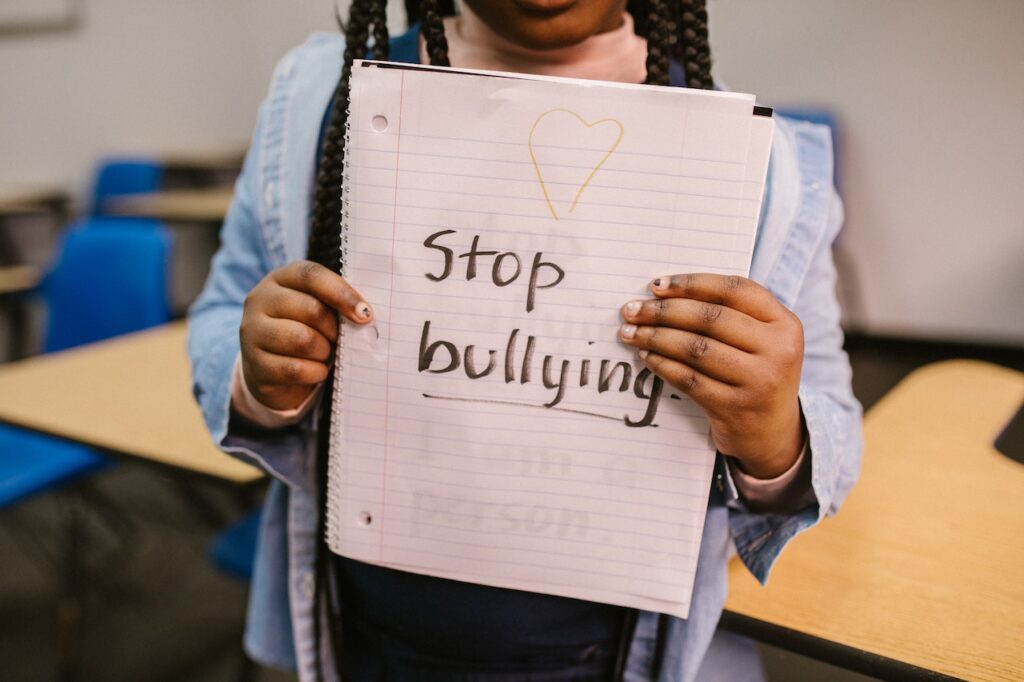I’m excited. I get to tag along to the movies with two teenagers who are babysitting. The Tivoli Theater is old, the floors are sticky and the red velvet seats are so springy that I have to use all my weight to keep the seat down. I’m 9-years old. Before the lights go down, I notice that I’m the only child in the audience. The person directly behind me is a kind looking older woman. And sitting next to her, I assume, are her adult daughters.
The movie starts. It’s Doctor Zhivago. If you’ve never seen this classic, let me tell you it’s not a kids’ movie. It’s full of adult sophisticated themes set in the dreary harshness of Russia’s dark winters. Not a Disney flick. I start to feel sick. Nauseous. I can’t wait for it to end. Not yet realizing that I have a stomach flu, I continue feeling worse and worse. I fold tightly in the chair unable to utter a word for fear of throwing up.
Suddenly the cool tender hand of the older woman behind me reaches around and covers my forehead. This maternal touch gives me comfort and I close my eyes. She sees that I need help and this simple gesture gives me hope. I’m just a kid and I need an adult.
This memory pops up as I reflect on what October’s National Bullying Prevention Month signifies. It reminds me that children and teens desperately need supportive and trusted adults. In other words, someone to see and hear them with compassion and respect.

Often we can’t control how children are treated but we can be there for them. It is within our power to ask them the right indirect questions. How was recess today? or Anything good or not so good happen at school? According to the Youth Voice Project, what kids really want is for us to listen without interruption or judgment.
If they talk to you, give yourself a high-five. The problem is that over half of kids experiencing a problem don’t tell anyone. Why is this a problem? If they don’t tell, we can’t help. The last thing we want is for kids to internalize negative messages about themselves.
Why don’t they tell? Perhaps for many of the same reasons we didn’t tell when we were growing up: embarrassment, fear of things getting worse, being called a tattle-tale, fear of an adult overreacting or under-reacting. The list goes on. So observing any changes in behavior — more sullen, angry, nervous, appetite changes, etc. — and asking indirect questions will hopefully help the child/teen open up.
If they feel they are on the receiving end of demeaning behavior, let them know they are not alone. You can strategize together. In order to build skills and resilience (a superpower!), they need to be part of the process. It is their world.
Here are some additional tips if your child feels like a target.
If your child is acting out and exhibiting mean behavior, here are some tips for that, too. Some days they can act mean and the next day they can be the target so it’s important not to label. Kids are learning how to navigate their social emotional lives. It’s a great parent who can help them course correct.
Even in their dark moments when they feel sick, whether it’s emotional or physical, and they don’t think anyone sees them or cares, we all have the power to reach out our hand and give them the comfort they deserve.





